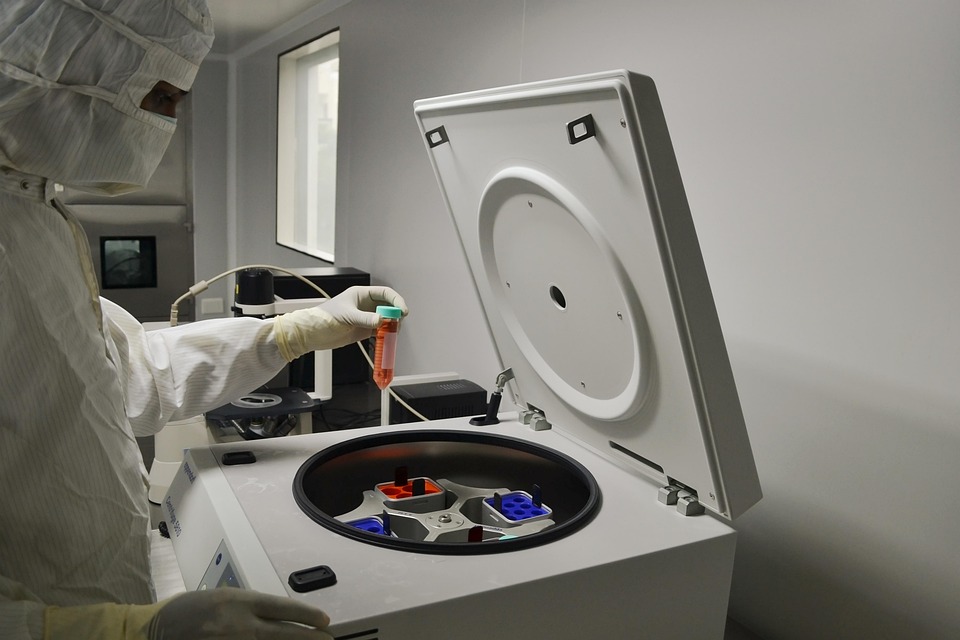Biotechnology, a field that harnesses biological processes for various applications, has rapidly evolved from a niche scientific pursuit into a cornerstone of modern health care. The impact of biotech on our everyday health is palpable and expansive, influencing everything from disease prevention to personalized medicine. This article delves into the transformative effects of biotechnology on individual and public health, showcasing how lab innovations are reshaping our lives.
Understanding Biotechnology
Biotechnology involves manipulating living organisms or their components to develop products and technologies that enhance health and agriculture. Gene editing, cell culture, and recombinant DNA technology are just a few techniques that have made significant strides in recent years. These advancements are not only aiding researchers in understanding complex biological processes but are also leading to tangible health benefits.
Disease Prevention and Management
One of the most significant impacts of biotechnology is in the realm of disease prevention. Vaccines, a prime example of biotechnological innovation, have saved millions of lives by preventing infectious diseases. mRNA vaccines, developed rapidly in response to the COVID-19 pandemic, illustrate the potential of biotech to respond swiftly to emerging health threats. These vaccines helped mobilize the global public health response and have set the stage for future vaccine development.
Biotech is also pivotal in managing chronic diseases. Targeted therapies, which are tailored to a patient’s specific genetic makeup, allow for more effective treatment of conditions such as cancer. Using biotechnology to create personalized medicine results in fewer side effects and improved patient outcomes, shifting the paradigm from a one-size-fits-all approach to a more individualized treatment strategy.
Enhancing Diagnostics
The diagnostic landscape has been revolutionized by biotechnology. Advanced genetic testing and biomarker analysis enable health care providers to identify diseases at earlier stages, paving the way for timely and targeted interventions. Products like CRISPR-based diagnostics are making testing faster and more accessible, allowing for rapid identification of pathogens and genetic disorders. This capability not only enhances individual patient care but also bolsters public health measures by enabling swift outbreak responses.
The Role of Biotechnology in Nutrition
Biotechnology is also making significant contributions to nutrition. Genetically modified organisms (GMOs) have been created to enhance nutritional content, increase yield, and resist pests. For instance, Biofortified crops fortified with vitamins and minerals have been developed to combat malnutrition in developing regions. These innovations help secure food supply and improve health outcomes by addressing dietary deficiencies.
Biotech and Mental Health
In addition to physical health, biotechnology plays a crucial role in mental health. Advances in understanding the genetic and neurobiological basis of mental health disorders have opened up new avenues for treatment. Biotech is facilitating the development of novel therapeutics that target specific neurotransmitter systems, leading to more effective treatments for conditions such as depression, anxiety, and schizophrenia.
Moreover, biotechnological tools are aiding research into the gut-brain axis, revealing the connections between gut health and mental well-being. Probiotics and postbiotics are being explored as potential therapeutic options for mental health conditions, illustrating the expanding scope of biotechnology.
Future Horizons
The future of biotechnology in health care is both exciting and promising. Gene therapy, which aims to treat or prevent disease by inserting genes into a patient’s cells, has the potential to cure genetic disorders. Additionally, advancements in artificial intelligence integrated with biotech could lead to even more personalized health care solutions by predicting patient outcomes based on their genetic information.
Conclusion
The journey from lab to life showcases a remarkable intersection of science and everyday health. The impacts of biotechnology are deeply woven into the fabric of modern health care, enhancing disease prevention, improving diagnostics, addressing nutritional challenges, and shaping the future of personalized medicine. As we continue to explore the vast potential of this field, it holds the promise of a healthier, more resilient future for individuals and communities worldwide. The applications of biotechnology are not just a topic for the laboratory; they are foundational to the health decisions we make in our everyday lives.
